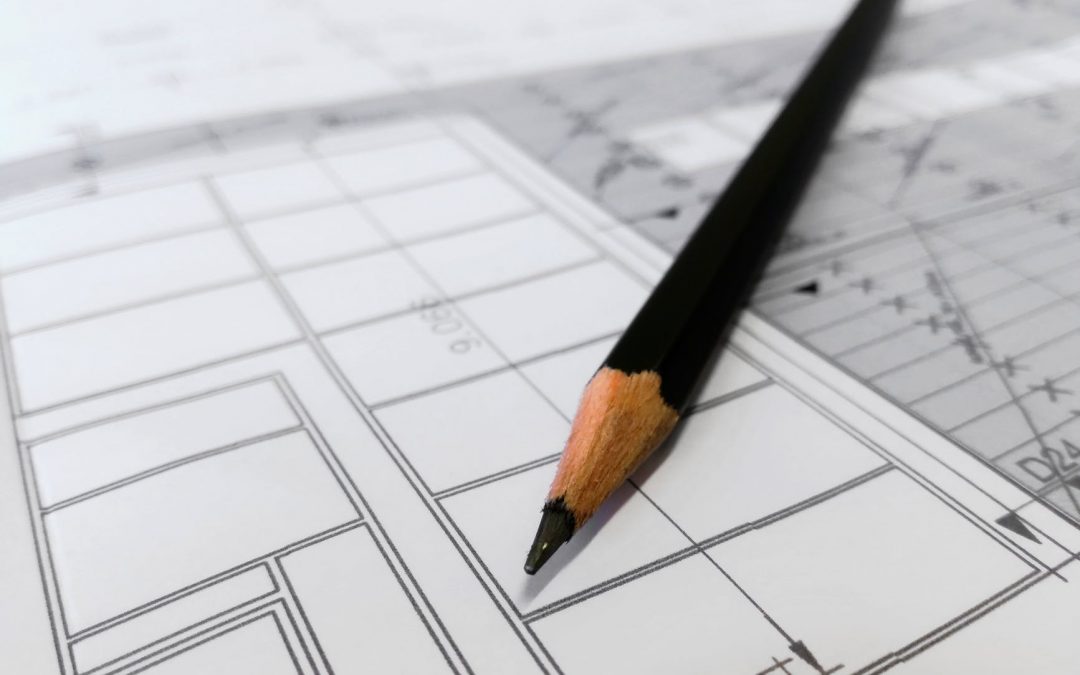As new technologies emerge, the field of medical device manufacturing evolves in turn. And with the Medical Device Community demanding higher quality and efficiency from its manufacturing partners each year, only the most promising solutions will gain traction. So, which of these innovations are poised to deliver the best results for medical device OEMs in 2019 and beyond?
At Marshall, we are proud to serve as a manufacturer and consultant to some of the world’s leading medical device OEMs. Our precision machining services and strategic initiatives provide greater outcomes for medical customers across the world. Today, let’s explore a few exciting innovations and trends that will shape the future of medical device manufacturing.
1. The Rise of PCB Manufacturing Automation
A wide variety of medical devices consist of electronic components and printed circuit boards (PCBs), including full-body imaging systems, wearable devices for respiratory conditions and more. In recent years, manufacturers have made major strides towards efficient production of PCBs for medical devices—largely thanks to software-driven automation.
Today’s manufacturers are leveraging PCB manufacturing automation to support medical device development. This solution produces more advanced and reliable PCB designs to improve device performance and flexibility. GE Healthcare is currently implementing this innovative technology to enhance its microscopy imaging devices while maintaining respective lead times and costs. We expect this innovation to drive progress in the field of PCB and medical device manufacturing in the near future.
2. Medical Device Quality Management Gains Ground
Quality management systems (QMS) are a fundamental part of efficient medical device manufacturing. These structured systems provide efficient procedures and processes for designing, manufacturing and distributing instruments and components. As regulatory agency demands and standards continue to evolve into 2020, we can expect best practices for medical device quality management and QMS systems to shift as well.
We’ve already seen a glimpse of this transformation with the implementation of ISO 13485:2016, which required medical device developers around the world to update their QMS systems in February, 2019. The focus of the 2016 update included risk management, software validation and product cleanliness, core aspects that will become even more important as the quality and expectations placed on medical devices expand. ISO 13485:2016 also pressed heavily for the use of CAPA (Corrective and Preventive Action) in complaint handling. It’s likely that more emphasis will be placed on post-market surveillance and feedback to monitor and address customer concerns moving forward.
3. CNC 3D Wire & Tube Bending Expands
CNC 3D bending is an invaluable technology for constructing specialized medical device components. For over a decade, Marshall has been leveraging this process to bend small diameter wire and tubing for use in medical device components with special-turned diameters, milled flats, grooves, knurling, axial holes and more.
Today’s medical device manufacturers are using automated CNC 3D bending to create radical bend shapes that were previously unachievable. Because these systems are servo-driven, they provide extreme accuracy and consistent quality across components. Other advantages of CNC 3D bending include increased production and prototyping speeds, reduced costs and improved production turn-around.
Thanks to its unique capacity for precision and performance, you can expect CNC 3D bending to become even more influential in the medical device manufacturing industry—especially as products become more intricate in design. Marshall is proud to advance this specialized process with new, innovative solutions that drive our industry onward.
4. The Widespread Application of AI
Artificial intelligence has transformed many industries in recent years—as has its eyes set on medical device manufacturing as we near 2020. Global medical device companies like Medtronic expect AI to impact supply-chain optimization, predictive maintenance and many other aspects of the manufacturing process.
The ultimate goal of AI in manufacturing is to use highly accurate machines to optimize tasks traditionally handled by humans. Innovations like machine learning and predictive algorithms could completely change the way medical devices are developed and tested—reducing risk and optimizing operational efficiency in the process.
Despite its prospective advantages, AI for medical device manufacturing is still in its infancy stages. Many current AI solutions simply aren’t robust enough to sustain real-life productions—especially for such important and tightly regulated devices. There are also no well-established policies for AI in manufacturing yet, locking this technology as a proof of concept for now. Regardless, we’re sure to see this technology improve and influence medical device manufacturing in coming years.
Harness Innovation with Marshall Manufacturing
Ready to learn more about medical device news and some of the rising technologies impacting the medical device manufacturing industry? Then be sure to connect with Marshall today. You can also contact us for more information on our range of innovative medical components and surgical instruments—and how they can position your enterprise for success. We’re always here to help.

